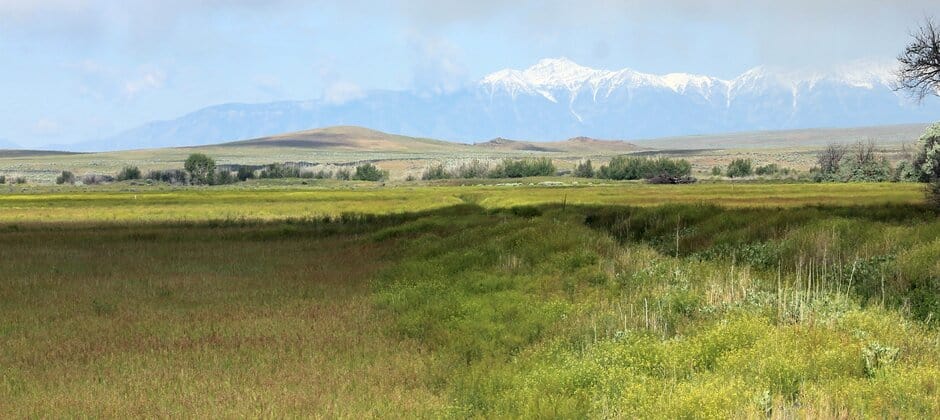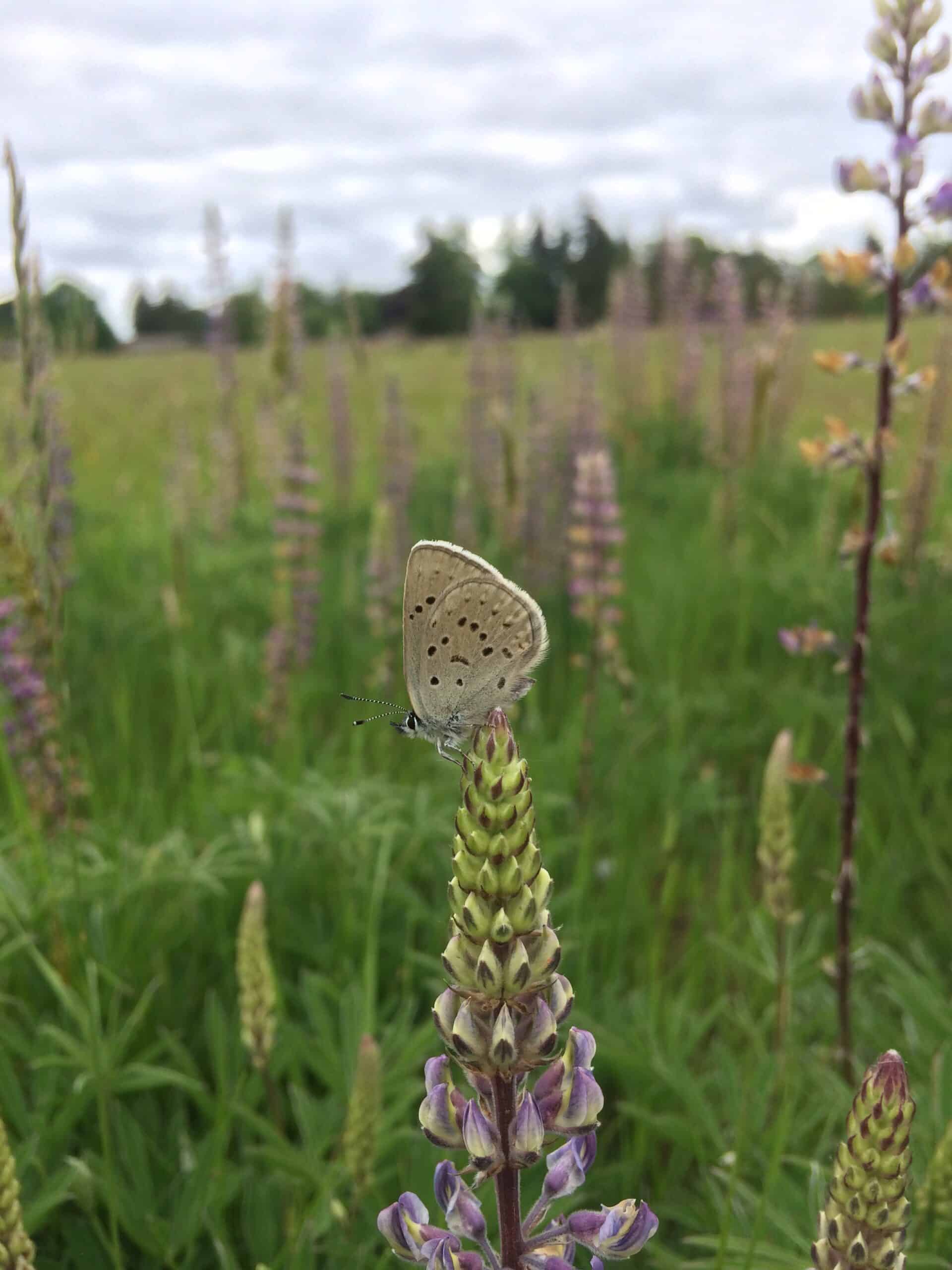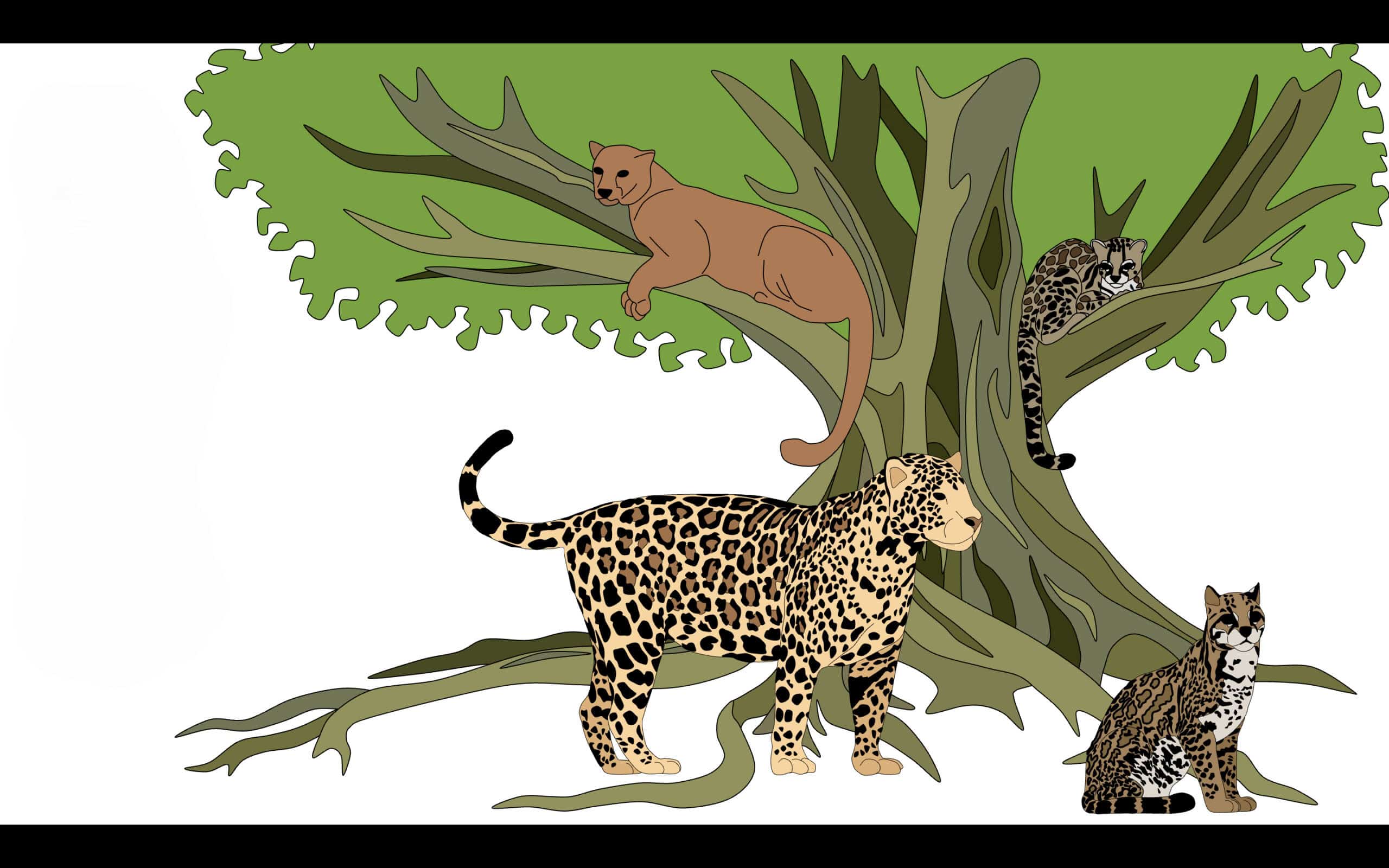Share this article
U.S. Congress moves forward with FY 2023 appropriations
The U.S. Congress has recently made several moves aimed at moving forward discussions on funding the government for Fiscal Year 2023 beginning Oct. 1, some of which include wildlife program increases.
On July 20, the House of Representatives passed a package of appropriations bills, including those for the Departments of Interior and Agriculture. On July 28, the Senate Appropriations Committee released the drafts of all 12 Senate appropriations bills. Largely seen as messaging vehicles, the Senate bills will not go through committee or chamber deliberation, but will serve as a tool in any year-end negotiations between the House and the Senate.
The Wildlife Society provided written testimony to congressional appropriations this spring, emphasizing key funding needs to support wildlife professionals and their conservation work in agencies within the Departments of the Interior and Agriculture.
The Wildlife Society requested a $200 million increase to $712 million for the U.S. Fish and Wildlife Service’s National Wildlife Refuge System to enhance wildlife management and address staffing and maintenance backlogs on refuges. The House funding package includes $582 million for the Refuge System, while the Senate bill includes $550 million.
The Wildlife Society also asked appropriators to increase State and Tribal Wildlife Grants funding to $100 million. This program, included in the USFWS’ budget, is the only federal program that supports the implementation of State Wildlife Action Plans, which serve as blueprints for action to prevent the decline of at-risk species. The House bill includes $74.4 million for the program, while the Senate draft would provide $76.5 million.
Within the U.S. Geological Survey, TWS requested increasing funding for cooperative science programming such as the Cooperative Fish and Wildlife Research Units and the National and Regional Climate Adaptation Science Centers. The House bill comes close to this, at $28.2 million. The Senate draft would surpass TWS’ recommendation, providing $30 million for the CRUs. The Wildlife Society also requested increasing Climate Adaptation Science Centers funding by $43.7 million to $85.7 million. The House bill includes $85.2 million for the centers, while the Senate draft would provide $88.2 million.
Within the Department of Agriculture, The Wildlife Society emphasized the need for robust funding for Wildlife Services, a unit of the Animal and Plant Health Inspection Service that resolves human-wildlife conflicts and protects wildlife, agriculture and people from wildlife damage and wildlife-borne diseases. The Wildlife Society requested a $3.7 million increase in funding for the Wildlife Service’s Wildlife Damage Management program. The House would provide a $1.25 million increase; the Senate draft would provide a $5 million increase, to just over $121 million.
The Wildlife Society also requested a $126.2 million increase, for a total of $886 million in funding, for landowner technical assistance in preparation for program changes that will coincide with adoption of a new Farm Bill in 2023. The House bill included almost that amount, allocating $883.7 million, while the Senate draft would provide a smaller increase, to $807.9 million.
Members of TWS can check out the appropriations action center in the coming weeks for updates on the appropriations bills as well as TWS’ positioning on FY 2023 funding.
Read TWS’ recommendations for funding Interior agencies.
Read TWS’s recommendations for funding Department of Agriculture agencies.
Header Image: The House has passed its appropriations bill, and now the Senate is in the process of doing so as well. Credit: Brent Lawrence/USFWS








